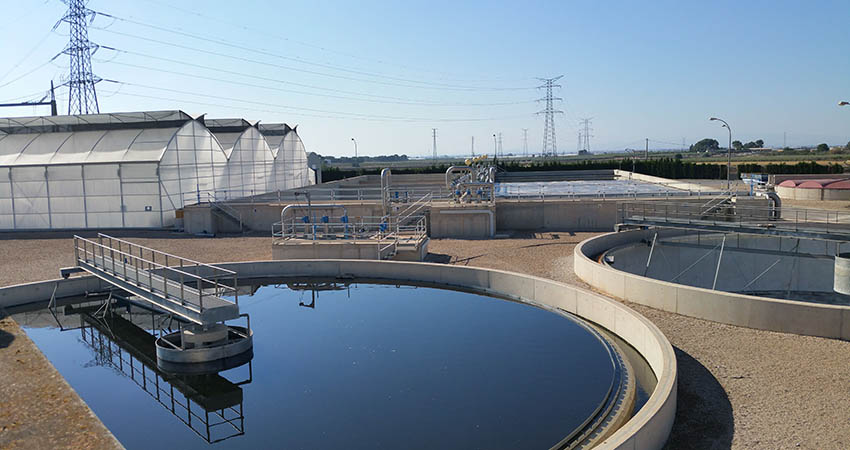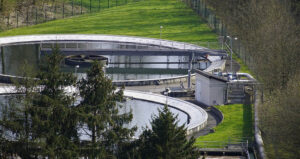The EU reprimands Malta, Poland, Slovakia, and Greece for untreated wastewater

-
 Editorial Team
Editorial Team
Share article:
The European Commission (EC) urges Malta, Slovakia, Greece, and Poland, to comply with the EU rules on urban wastewater treatment. All Member States must ensure that towns and cities have placed all required and necessary infrastructures in order to collect and treat their urban wastewater. All Member States have to comply with the Urban Wastewater Treatment Directive (UWWTD).
Slovakia
In 2017, construction of a new sewage system and installation of 47 pumping stations were carried out in order to improve wastewater collection and treatment in Slovakia’s Trenčín and Nitra regions. The work, which is supported by European Union funding, should ensure that sewage systems in the area comply with EU requirements for urban wastewater treatment. However, 19 agglomerations have failed to provide a collecting system and to ensure that urban wastewater entering collecting systems is treated appropriately.
Malta
Until 2011, some 80 % of the wastewater generated in Malta was discharged untreated into the sea. In 2019, the EU funded Malta South Sewage Treatment Infrastructure project built a new wastewater treatment plant at Ta’ Barkat on Malta’s east coast, and connected it to the existing sewerage system. Also, a new wastewater pumping station was built at Rinella and an existing pumping station at Xghajra was upgraded. Under the Directive, Member States must establish a program for the implementation of the Directive and provide the Commission with an update of the program every two years. However, Malta has failed to do so by exceeding the deadline of June 30th, 2020.
Poland
Poland was also funded in 2017 by the EU to improve the country’s wastewater treatment capacity. The Polish Press Agency reported that the largest project will be the modernization of two wastewater treatment plants (WWTPs) in Warsaw, which will connect 5,700 new users to the city’s sewage system. Major sewage projects are also planned in Poznan, Radom, Lublin, and Wroclaw, while smaller upgrades will start in 26 other Polish cities including Krakow. EU funding for the projects will come from the Infrastructure and Environment Operational Programme 2014-2020. However, Poland just like Malta never provided the EU with a program update and also exceeded the deadline that was given to them.
Greece
Data provided by Greece revealed that urban wastewater is neither properly collected, nor properly treated before being discharged in 209 agglomerations. Greece is also relying to an excessive extent on Individual and Appropriate Systems, like for example septic tanks without fulfilling the standards of the Directive. Therefore, the European Commission has decided to send a reasoned opinion to Greece, giving it two months to solve the situation. Otherwise, the Commission may decide to refer the country to the Court of Justice of the European Union.
Investments
In 2020 the European Commission published a report stating 1% of all urban wastewater in the European Union is still not collected and over 6% is not sufficiently treated to meet secondary biological treatment standards. Moreover investments in many Member States are too low to reach and maintain compliance with the Urban Waste Water Treatment Directive (UWWTD) in the long term.

















